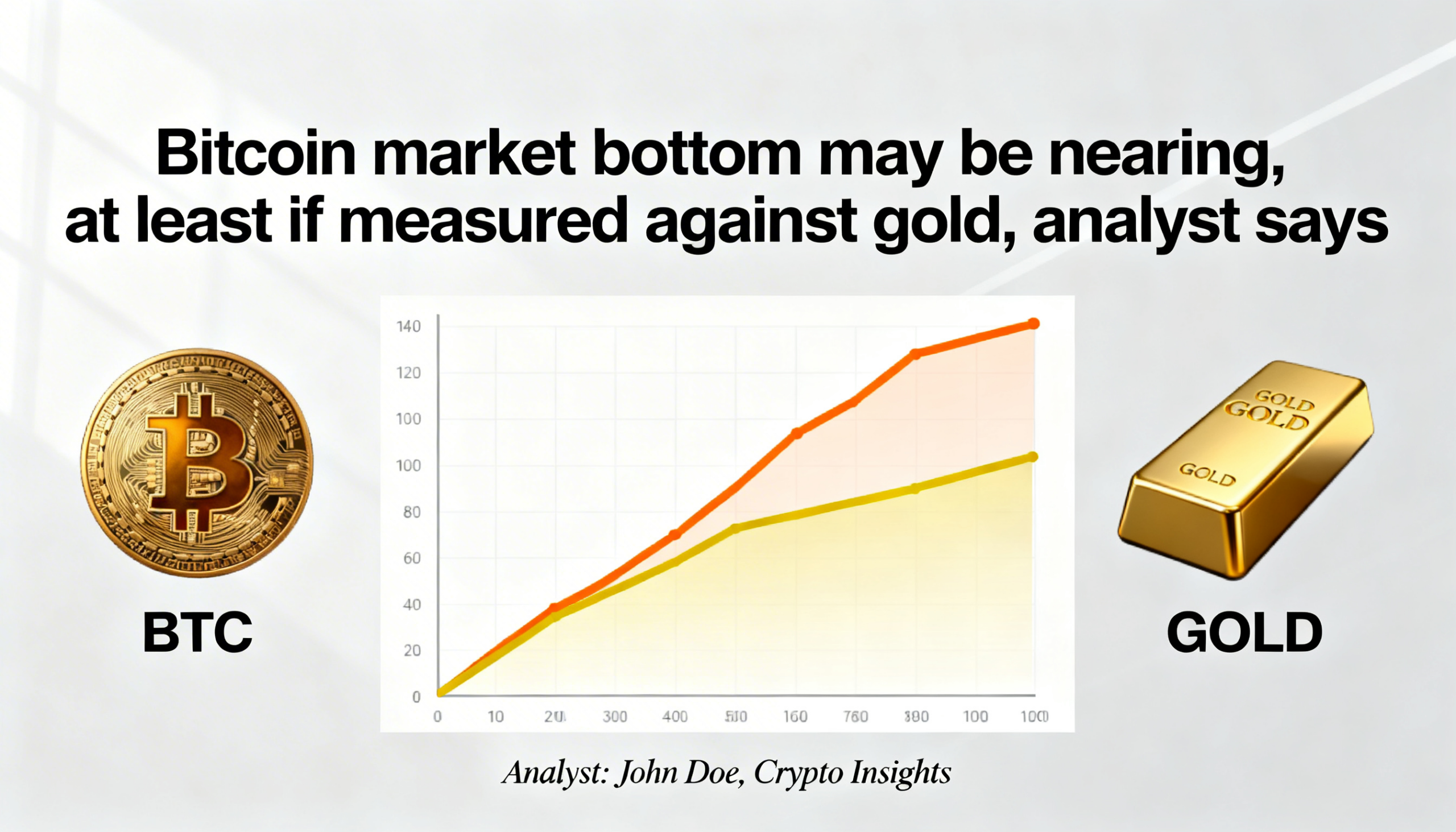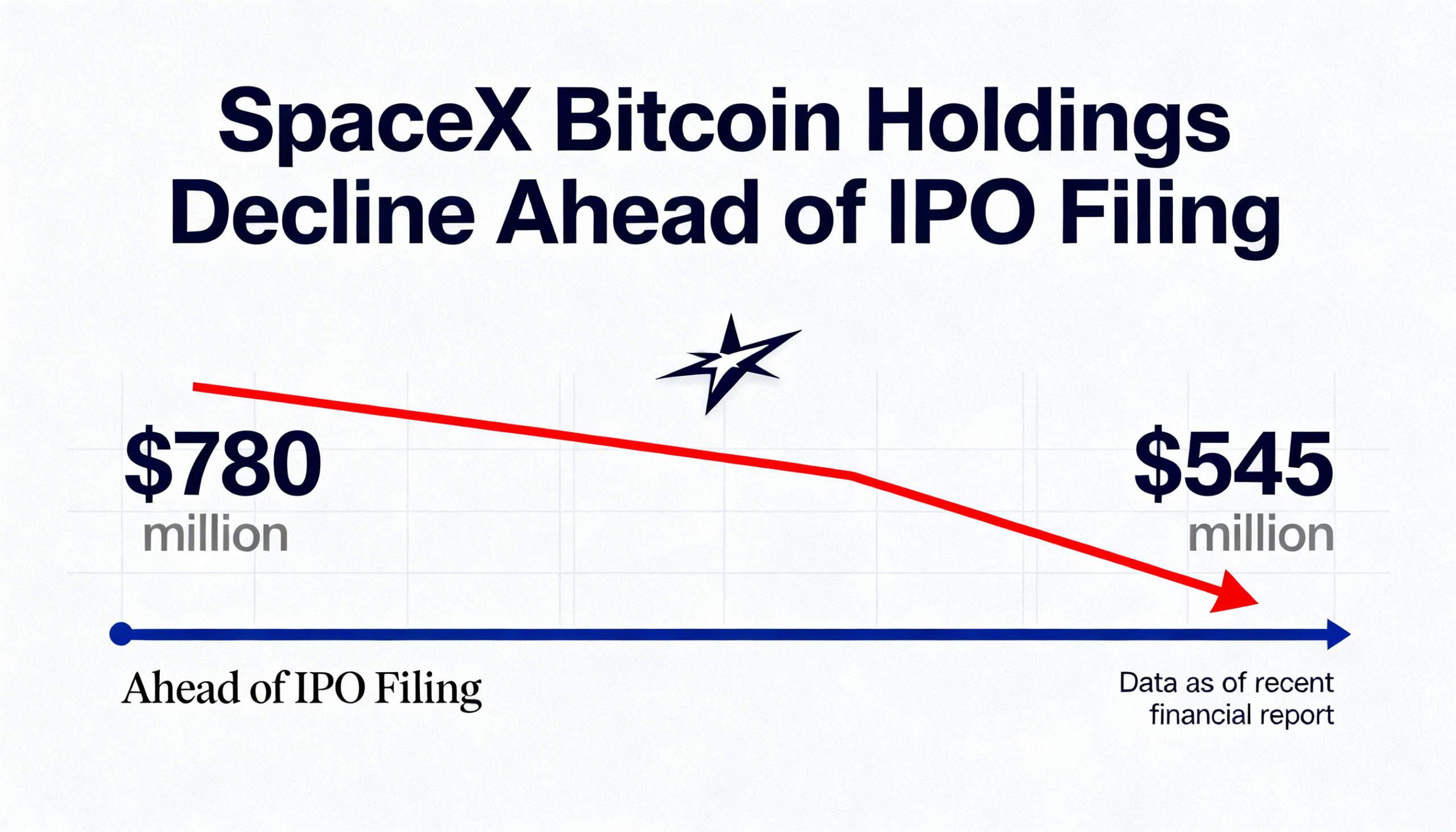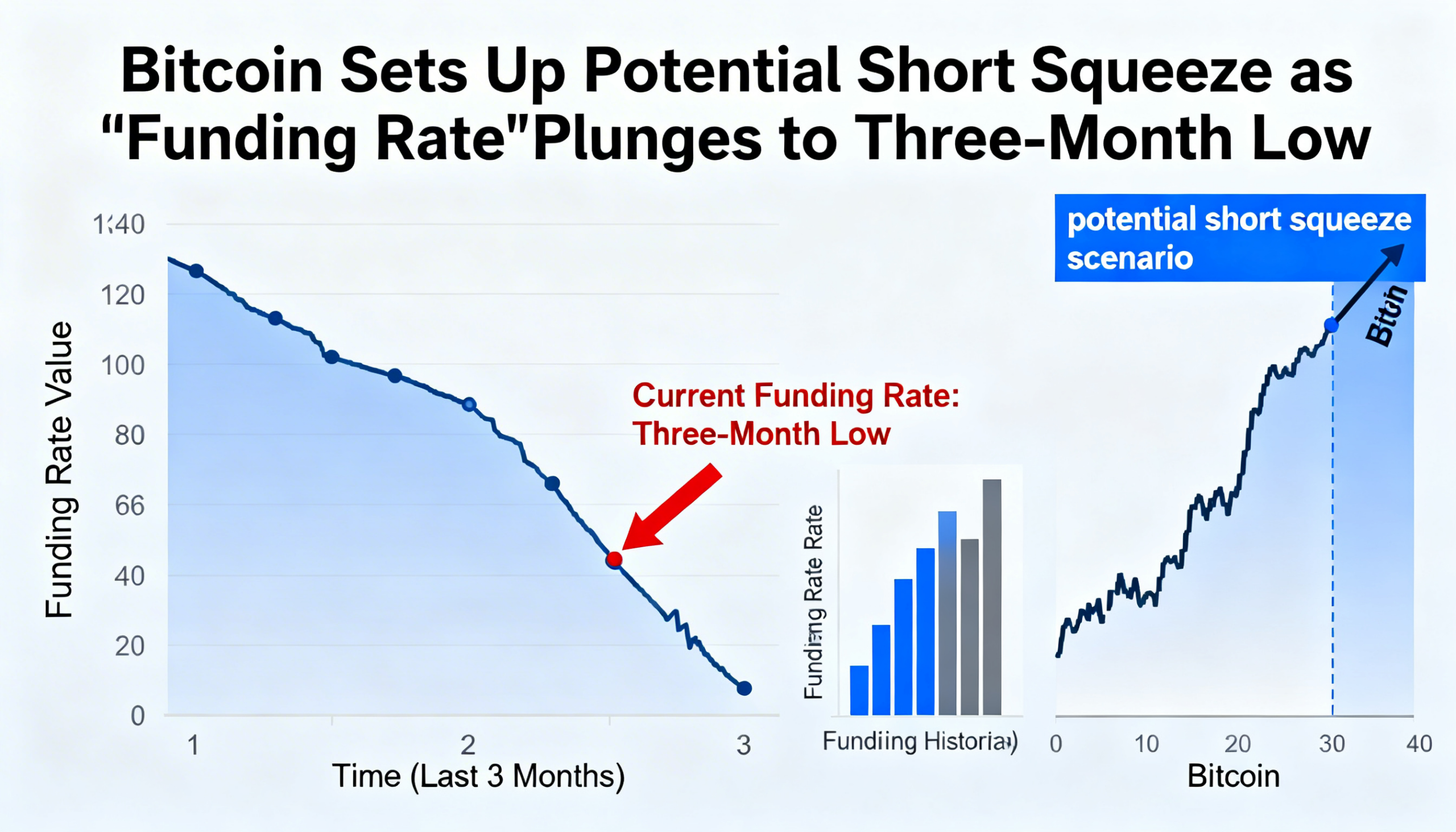
Recent turmoil in the crypto market-making sector is forcing a hard look at how liquidity is structured and whom market participants can trust. The chaotic token collapses involving Movement Labs’ MOVE and Mantra’s OM have unsettled the industry and triggered a wave of skepticism.
“Trust between market makers and project teams is no longer given — it must be deliberately built and verified,” said Zahreddine Touag, Head of Trading at Woorton, in a Telegram message on Friday. He noted that firms now demand full transparency around side agreements, token grants, and preferential economic arrangements.
Both MOVE and OM suffered precipitous price crashes, exposing hidden stakeholders, opaque token unlocks, and suspected off-the-books deals that left many investors in the dark. OM’s token price plunged over 90% within hours in late April, with no obvious external cause.
Unlike traditional financial market makers who focus on providing orderly bid-ask spreads on regulated exchanges, crypto market makers act more like sophisticated trading desks. They negotiate pre-launch token allocations, manage lockup agreements, structure liquidity provisioning on centralized exchanges, and sometimes accept equity stakes or advisory roles.
This mix of responsibilities blurs the line between liquidity provision and private tokenomics arrangements, fueling a complex, often opaque ecosystem.
A recent CoinDesk investigation uncovered allegations that some Movement Labs executives coordinated with their market maker to sell $38 million in MOVE tokens publicly — a revelation that shocked the market.
As a result, firms are reevaluating their approach to counterparty risk. “How do you hedge exposure when token unlock schedules are unclear? What if informal deals override DAO-approved terms?” are now key questions.
“Our strategy now involves more rigorous education and upfront talks with project teams,” said a representative of Metalpha’s market-making arm in Hong Kong. “We’re shifting toward long-term strategic partnerships, with safeguards against abuses like excessive dumping and fake volume generation.”
Meanwhile, legal and compliance teams are tightening their grip on deal terms. “B2C2 has recalibrated its counterparty risk approach, enhancing legal due diligence and enforcing strict tokenomics agreements,” said Dean Sovolos, Chief Legal Officer at B2C2, via Telegram. “The recent scandals didn’t create new risks but exposed the vulnerabilities inherent in poorly governed token ecosystems.”
Many market players now demand greater transparency or simply avoid projects with murky practices.
“Reputations no longer guarantee trust,” said Max Sun, head of Web3 ecosystem at Metalpha. “Even well-known players have been caught exploiting undisclosed allocations or engaging in harmful selling. The era of blind trust is over.”
Beneath the visible layer of token launches and market-making agreements lies a bustling secondary OTC market where locked tokens quietly change hands before public vesting dates. This opaque market distorts supply timelines and price signals, creating a challenging environment for liquidity providers.
“The secondary OTC market has shifted the dynamics,” explained Min Jung, analyst at Presto Research. “Tokens with suspicious price action — like $LAYER, $OM, and $MOVE — tend to be heavily traded OTC. This distorts the real supply and vesting schedules.”
In this opaque environment, the biggest risk is not price volatility, but the false belief that circulating supply aligns with official disclosures.























